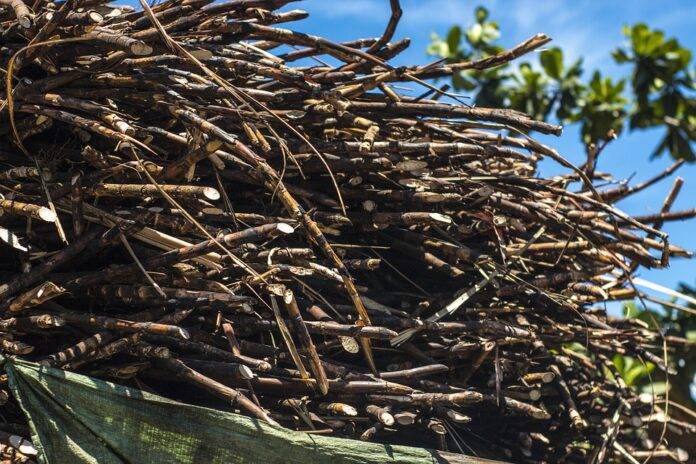The Resurgence of Ancient Sweeteners in Global Specialty Foods
The Rise of Ancient Sweeteners
In recent years, there has been a growing trend towards rediscovering and incorporating ancient sweeteners into modern cuisine. These natural sweeteners, such as honey, maple syrup, molasses, and agave nectar, have been used for centuries by various cultures around the world. With consumers becoming more health-conscious and seeking alternatives to refined sugars, ancient sweeteners have gained renewed interest in the global specialty foods market.
Health Benefits and Sustainability
One of the main reasons for the resurgence of ancient sweeteners is their perceived health benefits compared to traditional sugars. Ancient sweeteners are often less processed and retain more nutrients, antioxidants, and minerals. For example, honey is known for its antibacterial properties and immune-boosting benefits, while maple syrup is a good source of manganese and zinc. Additionally, these sweeteners are considered more sustainable and environmentally friendly than refined sugars, as they are typically produced using traditional methods that have minimal impact on the environment.
Market Trends and Growth
The global market for ancient sweeteners is experiencing significant growth, driven by increasing consumer demand for natural and healthier alternatives to sugar. According to a report by Grand View Research, the global market for natural sweeteners is projected to reach $3.9 billion by 2025, with a compound annual growth rate of 3.8%. This growth is fueled by the rising popularity of organic and clean label products, as well as the growing awareness of the health risks associated with excessive sugar consumption.
Key Players in the Industry
Several companies are capitalizing on the trend towards ancient sweeteners by offering a wide range of products made from natural sweeteners. One such company is Wholesome Sweeteners, a leading producer of organic and fair trade sweeteners, including honey, agave nectar, and coconut sugar. Another key player in the industry is Pure Circle, a global leader in the production of stevia-based sweeteners, which are derived from the leaves of the stevia plant. These companies are at the forefront of the market for natural sweeteners and are continuously innovating to meet the growing demand from consumers.
Challenges and Opportunities
While the market for ancient sweeteners is growing, there are still challenges that need to be addressed. One of the main challenges is the higher cost of natural sweeteners compared to traditional sugars, which can make them less accessible to some consumers. However, as the demand for natural and clean label products continues to rise, there are opportunities for companies to develop new products and formulations that cater to a wider range of consumers. Additionally, the increasing focus on sustainability and ethical sourcing presents opportunities for companies to differentiate themselves in the market by promoting transparency and responsible sourcing practices.
Conclusion
In conclusion, the resurgence of ancient sweeteners in the global specialty foods market is driven by consumer demand for natural, healthy, and sustainable alternatives to traditional sugars. Companies that are able to innovate and meet the evolving needs of consumers stand to benefit from the growing market for ancient sweeteners. As the trend towards clean label products continues to gain momentum, ancient sweeteners are likely to remain a popular choice for health-conscious consumers looking to reduce their sugar intake and make more informed food choices.




